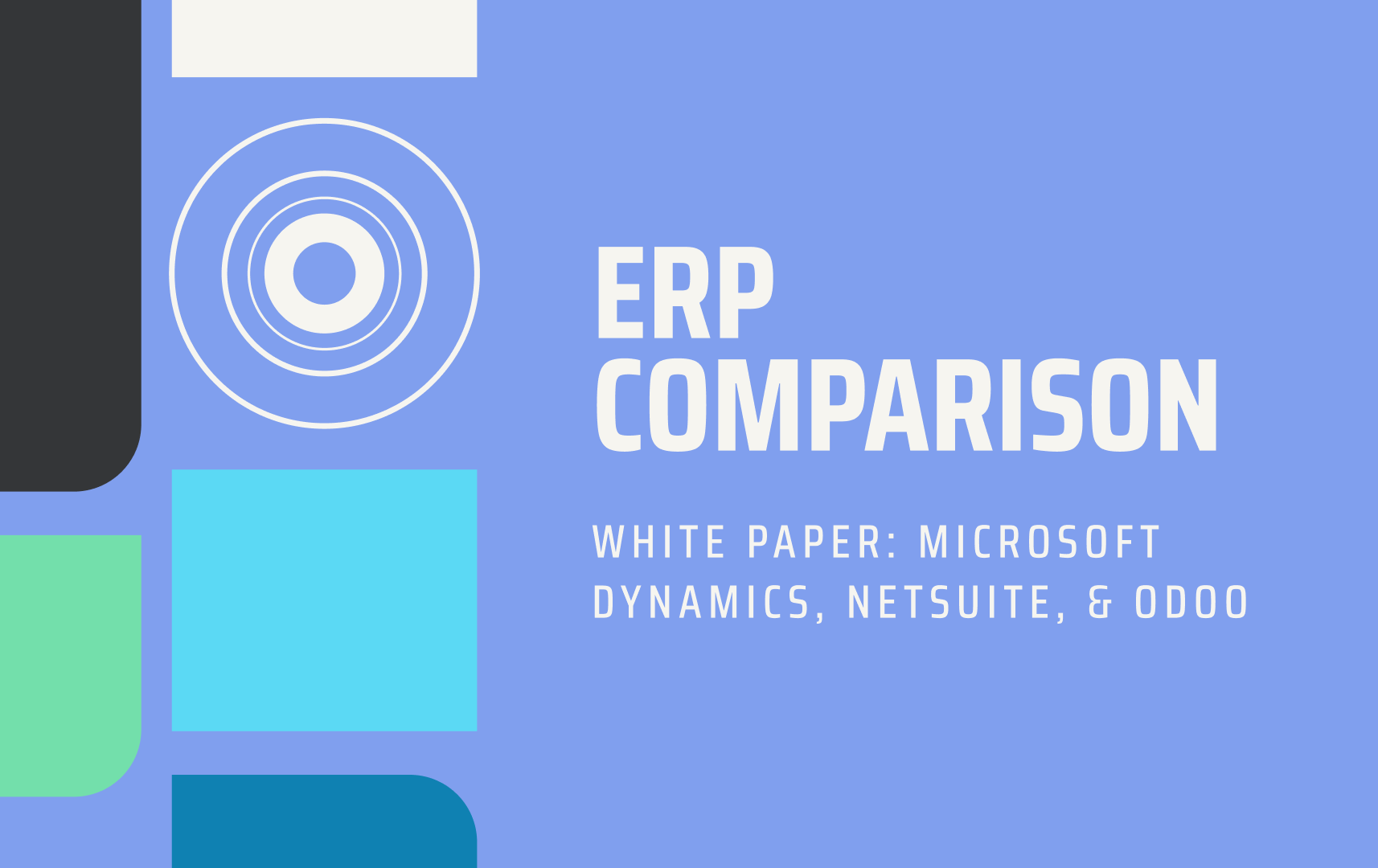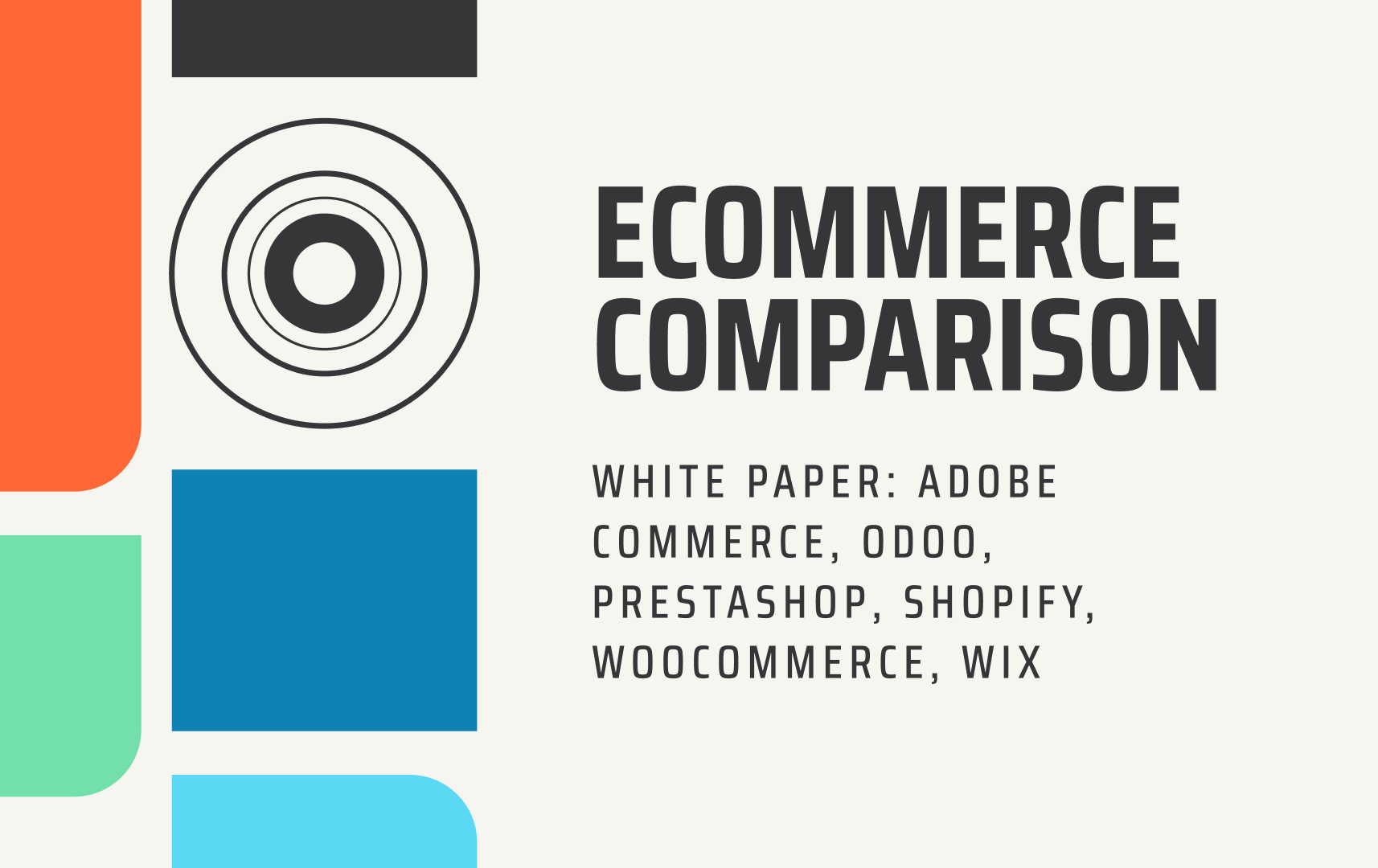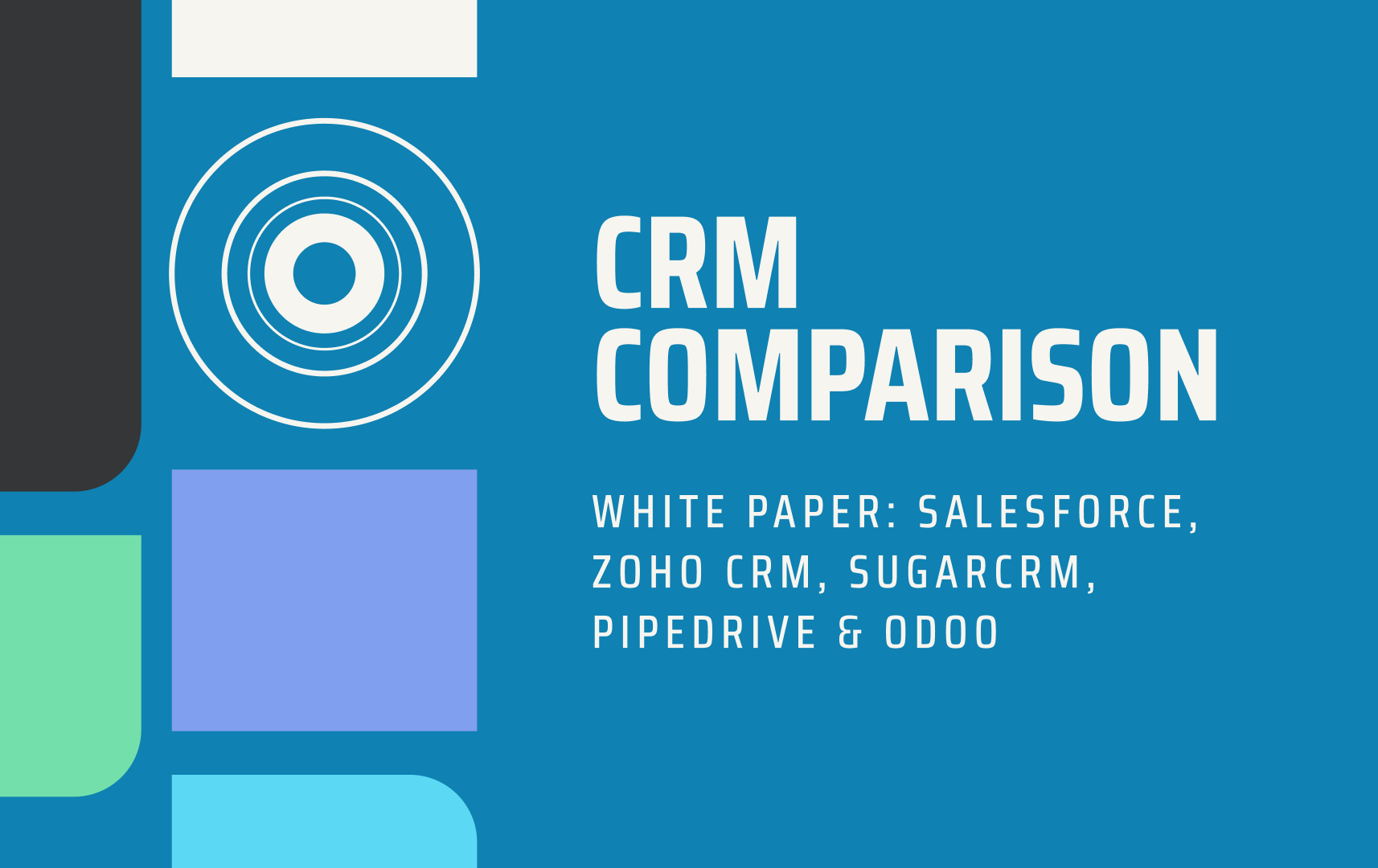MRP Comparison: Microsoft Dynamics AX, Netsuite, Odoo & SAP Business One
Introduction
"A manufacturer looking to upgrade their management software from a legacy system or implement an ERP software for the first time is faced with a multitude of choices. Each part of the manufacturing process is covered by its own software. For example, a manufacturer might run MRP software to plan production, MES to manage the shop floor, CMMS to manage maintenance, QMS for quality control, and WMS to track inventory. Most ERP systems on the market cover several of these functional areas, but few truly do everything out of the box. Most rely on third-party add-ons and integrations to provide complete coverage. This is particularly common for operations outside the core manufacturing workflow, such as maintenance, PLM, and quality management."
Choosing the right software
"Whether you are outgrowing entry-level software or replacing a legacy system, choosing an ERP that is a good fit for your company can have a strong impact on your future growth and profitability. There is tremendous pressure to get an ERP implementation right the first time because the cost is so high. Implementation requires a great deal of time and input from employees across your organization, furthermore licensing and consulting fees can be significant.
Despite these high stakes, most decision makers selecting and implementing ERP software will not do so more than a few times in their career. The purchasing relationship is therefore tilted in favor of the vendor, with many vendors requiring hours of qualification before revealing crucial details such as features and pricing. When dealing with vendors, it is therefore essential to accurately and completely communicate the needs of your organization to avoid finding out 6 months into implementation that the project isn’t feasible or that an unexpected and expensive custom development is required."








